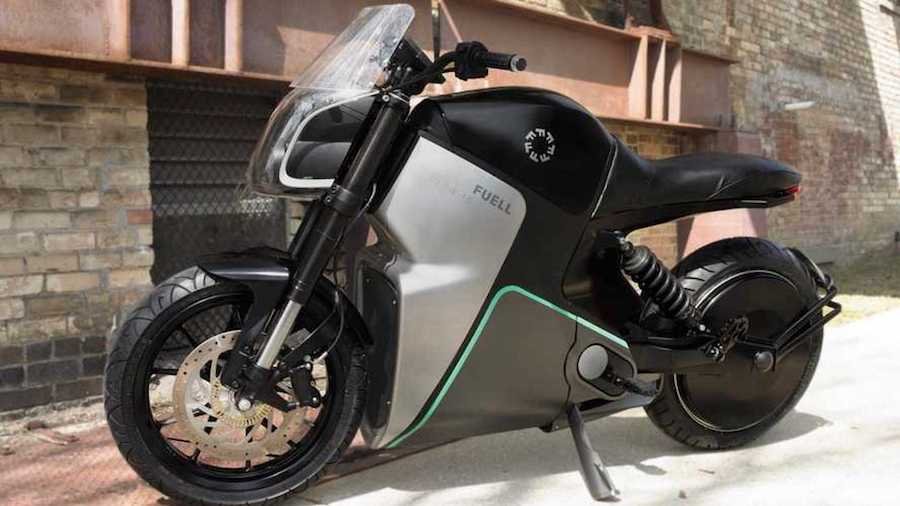Another EV Motorcycle Company Is Dead, Joins Countless Others

It’s a story as old as time. A company thinks it has dialed in the future of mobility with a striking electric motorcycle. Said company then opens bookings for said groundbreaking new motorcycle for a small amount of money. Thousands of people take the bait and hand their money to the company. Then, the company somehow can’t manage its expenses, closes its doors, and leaves its customers furious.
And the last few months have been devastating for that industry, as we’ve seen the electric motorcycle industry shrink, with big players either filing for bankruptcy, entering receivership, or changing hands in a bid to keep their business afloat. The latest to fall victim to this is Fuell, an electric two-wheeler company that was the brainchild of Erik Buell, a formerly big name in the American motorcycle industry.
Following Erik’s departure from Buell Motorcycles, he decided to continue his legacy in the world of e-mobility. Fuell Inc. was the result of this, with a series of electric bicycles and later on, a full-size electric motorcycle in the pipeline. On paper, the Fuell Fllow (no, that isn’t a typo) was a pretty cool machine. The company claimed a single-charge range of 150 miles and a continuous output of about 47 ponies from the electric motor. Fuell began taking pre-orders for the futuristic machine valued at $100, with a remaining $13,995 payable upon delivery of the finished bike.
Back then, Fuell promised that the Fllow would make its way to customers by September of 2024. Well, it’s November now, and the Fuell Fllow is nowhere to be seen. And that’s because, surprise, surprise, Fuell has filed for Chapter 7 bankruptcy, as it has found out that it doesn’t have the funds necessary to pay for the costs associated with producing and distributing its products.
It’s a similar story with Fuell’s e-bikes, the Flluid-2 and Flluid-3 (again, not typos). The company reportedly raised more than $1.5 million in crowdfunding through an Indiegogo campaign, but the bikes never went on to be mass-produced. What’s going on here?
Fuell says that it tried to raise extra money to at least pay for its debt, as well as fulfill the shipment of pre-ordered e-bikes. But ultimately, it seems that these efforts have failed. In fact, Fuell admits that it won’t be able to deliver its promised e-bikes to pre-order customers. Neither will it be able to refund its customers, as the attorney representing the company says that the company has depleted all its funds and has no employees to answer creditors’ questions.
Now, we don’t know the full extent of Fuell’s bankruptcy and the exact circumstances that lead up to this. But judging from what’s going on, it seems that Fuell’s straight up throwing its customers under the bus.
I get it—there’s always a risk associated with patronizing crowdfunding pre-order campaigns. But a company like Fuell should, at the end of it all, be held accountable for what happened. I wouldn’t want to think that there was any nefarious intent with Fuell’s bankruptcy, but rather, a blatant underestimation of market conditions following the pandemic, as well as today’s uncertain economic times that have seen folks slashing their recreational budgets.
These days, even big and established companies like KTM, Harley-Davidson, and Polaris are in some serious trouble because people are tightening their budgets for toys and playthings. If we put this into the context of electric two-wheelers, well, it’s a double whammy, all things considered.
If consumers have a tight budget for bikes and powersports vehicles, they’ll surely spend it on something tried, tested, and with a proven track record. Not on some sci-fi-inspired machine that looks like a prop from the set of an Avengers movie.
These days, it’s looking like electrics are gonna have to go back to basics, and that’s providing reliable, affordable, and accessible mobility.
Related News


